Programme
Keynote speakers
 |
Salem Benferhat Artois University, France Title: A story about the journey of reasoning with inconsistency under uncertainty Abstract: The problem of inconsistency management related to imperfect, incomplete and uncertain information has been a major focus at the confluence of several research areas and meeting many application domains. In particular, mining knowledge from massive amounts of heterogeneous information brings additional challenges and raises new issues, with inconsistency still a key question. Several research directions have been taken in identifying and dealing with inconsistent information, with the aim of deriving the most out of it. This talk draws a broad picture and provides an analysis of the main existing approaches. We especially analyse the balance between expressive power and computational complexity of frameworks in Propositional Logic, Description Logics and Databases. We illustrate the problem of inconsistencies on two applications: one pertaining to ontology-mediated query answering based on a dataset of annotated videos of traditional Southeast Asian dances, and one related to geographic information systems applied to urban water networks. This is a joint work with Sihem Belabbes (LIASD, Université Paris~8). This work is supported by the ANR project CROQUIS (grant ANR-21-CE23-0004). |
|
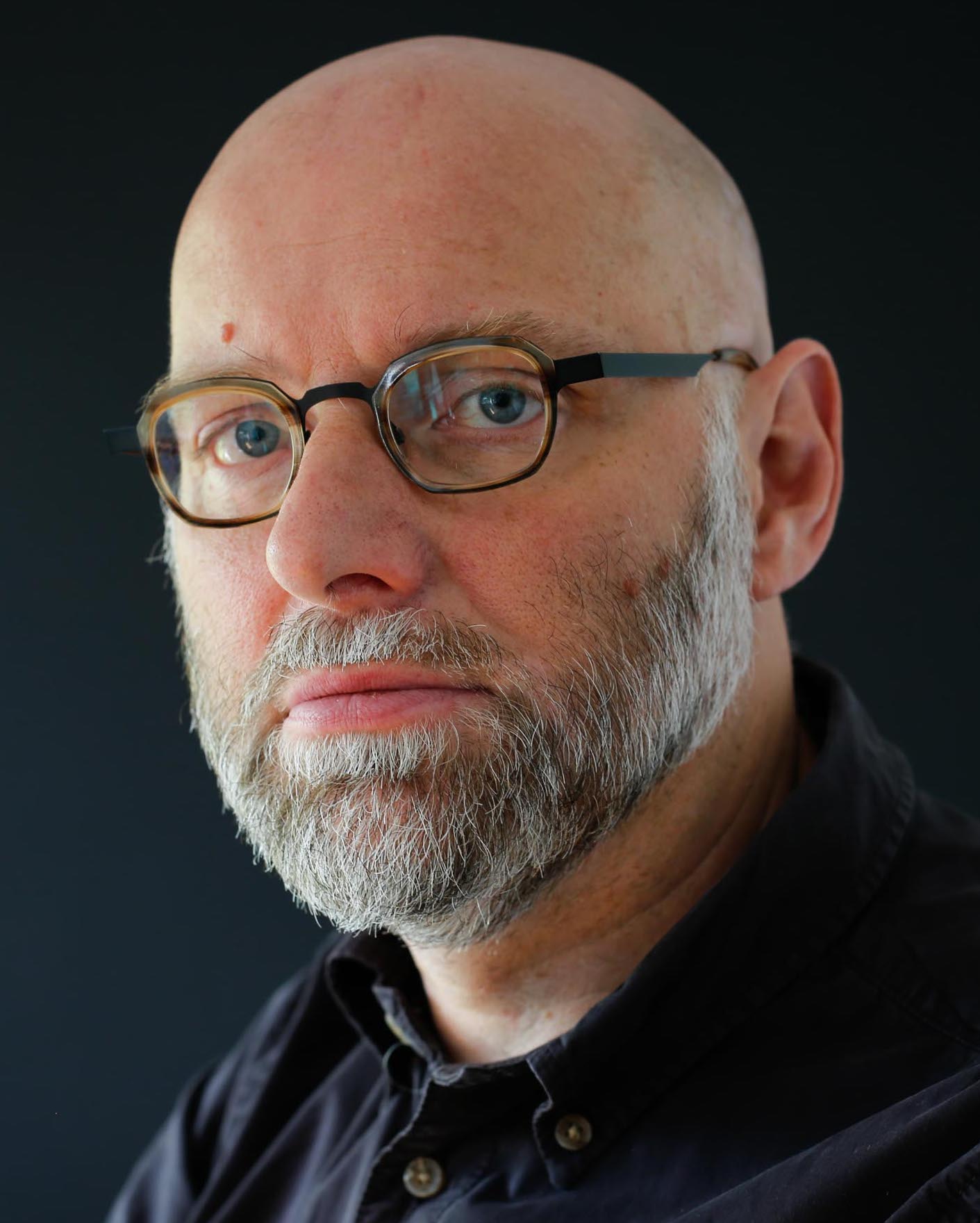 |
Luc De Raedt KU Leuven, Belgium Title: From Probabilistic Logics to Neuro-Symbolic Artificial Intelligence Abstract: A central challenge to contemporary AI is to integrate learning and reasoning. The integration of learning and reasoning has been studied for decades already in the fields of statistical relational artificial intelligence and probabilistic programming. StarAI has focussed on unifying logic and probability, the two key frameworks for reasoning, and has extended this probabilistic logics machine learning principles. I will argue that StarAI and Probabilistic Logics form an ideal basis for developing neuro-symbolic artificial intelligence techniques. Thus neuro-symbolic computation = StarAI + Neural Networks. Many parallels will be drawn between these two fields and will be illustrated using the Deep Probabilistic Logic Programming language DeepProbLog.Speaker |
|
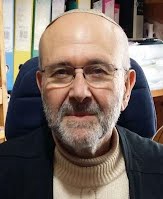 |
Dov Gabbay University of Luxembourg, King's College London and Bar Ilan University Title: Argumentation and Modal Public Announcement Logic Abstract: Following the pioneering work of Davide Grossi, we translate argumentation into the modal logic K. There are two problems with such translations. First, some extensions such as the grounded extension and the preferred extensions require the use of second-order universal propositional quantifiers. Second, some semantics such as CF2 are originally defined by a recursive algorithm and therefore require translation of algorithms into modal logic. In this talk, we develop methodological methods of 1. translating/eliminating universal second-order propositional quantifiers and 2. we show how to translate algorithms into modal public announcement logic. |
|
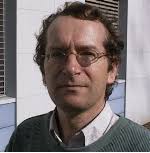 |
Henri Prade IRIT, CNRS and University Paul Sabatier, France Title: Transduction by logical analysis of data Abstract: Transduction is an inference operation which starting from a set of pieces of data makes a prediction for the missing value of another piece of data without relying on an induction step. The talk will discuss various ways of getting the best from data, with a special emphasis on the use of analogical proportions. Analogical proportions make parallel between two pairs of items on the basis of their differences and similarities. |
|
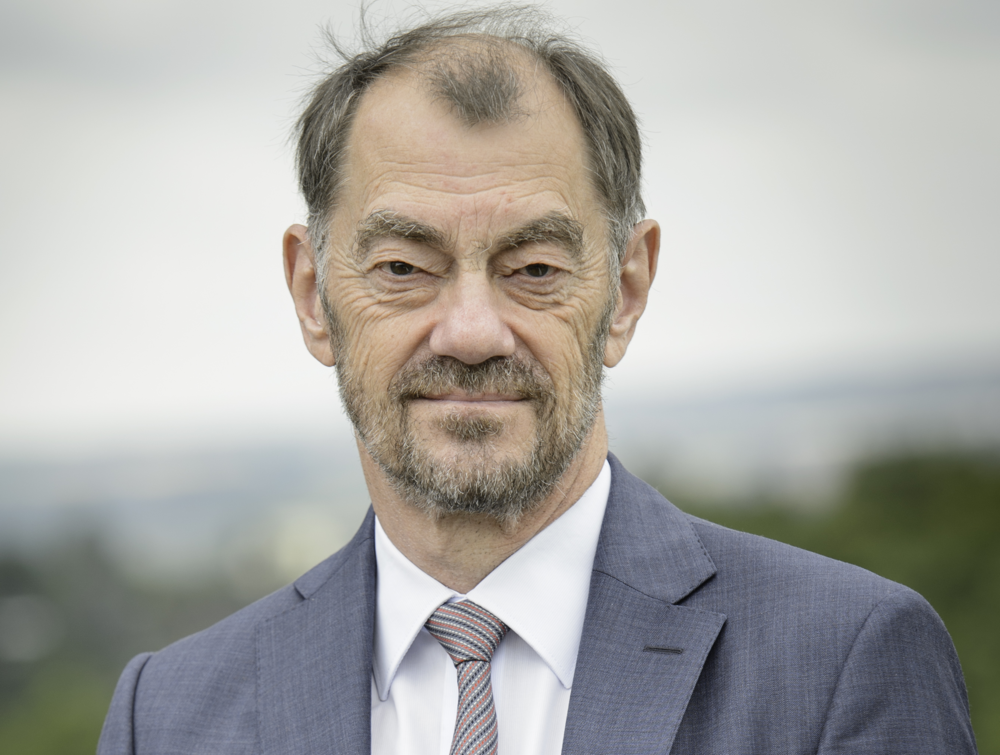 |
Wolfgang Spohn University of Konstanz, Germany Title: Some Strategic Considerations Concerning Inductive Logic Abstract: The talk will reflect the situation of inductive logic rather than advance it. It will argue that non-deductive, inductive, or defeasible logic, reasoning, and argumentation is based on notions of conditional doxastic states and theories of doxastic change, and not the other way around. It will distinguish internal and external doxastic dynamics and focus on the external one rationally driven by evidence. It will argue that the external dynamics should be conceived as proceeding in steps (akin to a Markov process) and as starting from an initial state. This will require to distinguish an unrevisable and a defeasible apriori. This distinction finally points a way of dealing with conceptual changes (or at least expansions) in inductive logic. Each step of the talk is contested in the literature. So, it should have a critical as well as a constructive potential. |
|
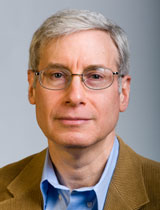 |
Sandy Zabell Northwestern University, USA Title: Forensic DNA identification evidence Abstract: The use of DNA identification evidence during the last several decades has revolutionized forensic science. But with the increasing complexity of the systems that are now being employed, a number of foundational challenges have come to the surface: the appropriate statistic to summarize the strength of the evidence, dealing with complex samples, searching data bases, safeguarding individual privacy, and effectively communicating results to a lay audience. In this survey talk, after describing the current system most commonly in use, I will present a typology of these issues, focusing on the recent advent of so-called probabilistic genotyping systems, which fit high-dimensional models, sometimes using Markov chain Monte Carlo estimation, and which can be technically challenging to explain to the trier of fact. |
Accepted papers
The proceedings of FATIL2022 are available at https://ub-deposit.fernuni-hagen.de/receive/mir_mods_00001860
Detailed programme
Schedule (CEST timezone)
Oct 12 | Room D Z003 |
| 09:00-09:30: | Welcome |
| 09:30-10:30: | Keynote: Luc De Raedt: From Probabilistic Logics to Neuro-Symbolic Artificial Intelligence |
| 10:30-11:00: | Coffee break |
| 11:00-11:30: | Jakob Suchan and Mehul Bhatt: Neurosymbolic Learning: On Generalising Relational Visuospatial and Temporal Structure (extended abstract) |
| 11:30-12:00: | Isabelle Kuhlmann: On Bridging the Gap Between Machine Learning and Knowledge Representation and Reasoning (extended abstract) |
| 12:00-14:00: | Lunch break |
| 14:00-15:00: | Keynote: Henri Prade: Transduction by logical analysis of data |
| 15:00-15:30: | Coffee break |
| 15:30-16:15: | Martin Adamcik: An Intuitive Generalisation of Information Geometry (full paper) |
| 16:15-16:45: | Paolo Baldi: Logic-based tractable approximations of Probability (extended abstract) |
Oct 13 | Room D Z003 |
| 09:30-10:30: | Keynote: Dov Gabbay: Argumentation and Modal Public Announcement Logic |
| 10:30-11:00: | Coffee break |
| 11:00-11:30: | Kenneth Skiba: Towards Realisability of Rankings-based Semantics (extended abstract) |
| 11:30-12:00: | Lars Bengel: Towards Learning Argumentation Frameworks from Labelings (extended abstract) |
| 12:00-13:30: | Lunch break |
| 13:30-14:00: | Announcement: International Inductive Inference Initiative |
| 14:00-15:00: | Keynote: Wolfgang Spohn: Some Strategic Considerations Concerning Inductive Logic |
| 15:00-15:30: | Coffee break |
| 15:30-16:15: | Gabriele Kern-Isberner: Inductive reasoning, conditionals, and belief revision (full paper) |
| 16:15-16:45: | Aaron Gutknecht, Michael Wibral and Abdullah Makkeh: Partial Information Decomposition for the Analysis of Inductive Inferences with Multiple Premises (extended abstract) |
Oct 14 | Room D Z003 |
| 09:30-10:30: | Keynote: Salem Benferhat: A story about the journey of reasoning with inconsistency under uncertainty |
| 10:30-11:00: | Coffee break |
| 11:00-11:30: | Reetu Bhattacharjee and Jens Lemanski: Inductive Inferences in CL Diagrams (extended abstract) |
| 11:30-12:00: | Wolfgang Pietsch.: Solving the problems of plurality of causes and of intermixture of effects in Mill's canons of induction (extended abstract) |
| 12:00-14:00: | Lunch break |
| 14:00-15:00: | Keynote: Sandy Zabell: Forensic DNA identification evidence |
| 15:00-15:45: | Juergen Landes: Rationally, the Universe is Infinite - Maybe (full paper) |
| 15:40-16:00: | Closing |
